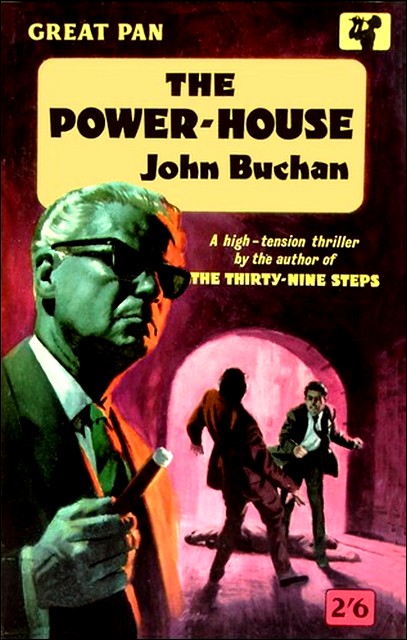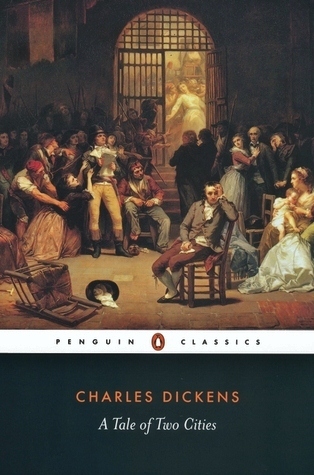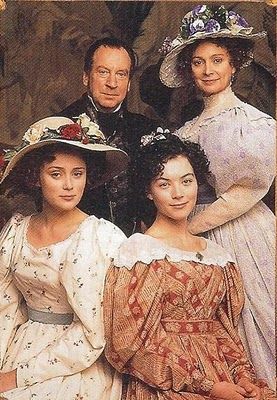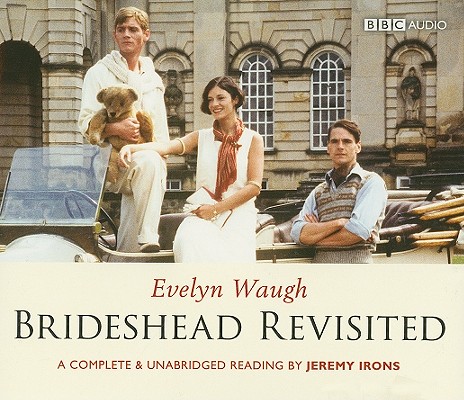
I’d like to take this opportunity to recommend some good novels that have recently blessed me.
But first, a few words about my approach to reading in general.
As far as my reading habits are concerned, I’m a recovering pragmatist. That is, I used to choose which books to read based on a rational calculation of how they would benefit me, rather like someone whose eating habits are based entirely on calorie counting and health considerations. So instead of reading Paul Johnson’s enjoyable books in which history comes alive and almost feels a bit naughty (he makes history seem like gossip) I might read a boring monograph instead.
That meant I forced myself to read some very boring books, and I had an obsession with finishing every book I started, and I didn’t read very much fiction. I’m ashamed to say that many times my reading choices were based on wanting to be able to say “I’ve read that book” when the subject came up around friends. Not surprisingly, more often than not reading has been for me like exercise – something you do because it’s good for you and not because you just can’t help it.
Add to this the fact that reading has always been a strain on my eyes and painfully slow because of the way I sub-vocalize everything, and it’s not surprising that reading has often been a duty for me. As a child I remember talking to my father in tears about how long it took me to get through a book. As an adult I was diagnosed with mild dyslexia in my visual sequential processing and understood better why I read so slowly. Given how slow of a reader I’ve always been, you would think I would prioritize my reading based on books I enjoyed, but instead I often picked books because “This is the sort of book that someone like me ought to have read.”
Dr. Johnson once said (I wish I could remember the exact quote) something like “a man never profited from reading a book out of duty; he should read exactly as the inclination takes him.” Of course, one should feed the mind with enriching content, just as one should feed the body with nutritious food. But just as there is a place for eating a nice satisfying meal for no other reason than that the meal is nice and satisfying, so there is a place for reading books for no other reason than that the books are satisfying and enjoyable.
I’ve now reached that part of life they call “middle aged”, and I’ve found that one of the advantages to growing older is that you loosen up a bit, you stop being so uptight and intense. But above all, as you get older you hopefully gain some perspective about what is important in life. I have no idea if I am gaining any perspective about life generally, but one of the things I’ve come to realize as I look back over my life is that the books that have played the biggest part in my life, the books that have changed how I see the world, the books that have integrated themselves into the very fabric of who I am, have not been books I read out of duty at all, but books (usually novels) that I read simply because I couldn’t put them down, books like The Lord of the Rings and The Wind in the Willows and Tale of Two Cities and Till We Have Faces and The Rime of the Ancient Mariner and many of John Buchan’s novels and C.S. Lewis’s Space Trilogy, and all the novels I’ve read this year (more about that in a minute) – the list could go on.
Speaking of C.S. Lewis’s futuristic works, towards the end of the third book in the Space Trilogy, That Hideous Strength, there is a section where the shallow intellectual Mark Studdock begins moving towards spiritual awakening. Interestingly, one of the first things his spiritual metamorphosis leads him to do is to read through a series of stories he had enjoyed as a child but never finished because he decided to read more serious stuff. The role that stories played in Studdock’s healing points to some observations I made back in 2012 about the spiritual value of fiction. It’s important to note, however, that the benefit good fiction brings cannot always be quantified in pragmatic terms. As with most of the things in life that enlarge our souls – art, prayer, time alone in nature, poetry, spending time with people we love – reading fiction is not the sort of activity we do in order to tick a box on a to-do list measuring our productivity.
I am not suggesting that we should de-emphasize the importance of pragmatic tasks, or that we should give ourselves over entirely to the life of art and imagination. But I am suggesting that it is important not to govern our lives merely by those activities that can be measured in pragmatic terms. I was at a classical education conference once where I heard Susan Wise Bauer speak, and she made the point that we often need to allow ourselves to be less productive outwardly in order to reap the inward benefits that reading brings. (I’ve linked to her lecture in my post on “Becoming Classically Educated.”) Bauer said we have to sometimes be willing to turn away from good pragmatic work that really does need to be done (like our to-do lists and our housework and all the paperwork we’re behind on) in order to engage in an activity that on one level may feel like a complete waste of time. If you spend 20 minutes cleaning the kitchen, or half an hour sorting through the emails in your inbox, afterwards you can feel good about yourself because you have something visible to show for what you’ve done; by contrast, if you spend the same amount of time reading a Dickens novel or sitting still listening to classical music, there is nothing to show for what you’ve done, even though the soul has been enriched in invisible and unquantifiable ways.
(Okay, this post wasn’t meant to be a defense of reading fiction, but since this post is kind of stream-of-consciousness, I’ll continue to flow with some of the thoughts that are coming to my mind right now.)
It occurs to me that the pragmatic orientation that demands that all activities and processes be evaluated by their measurable results correlates to the factory mindset that is deeply ingrained on the American psyche. The apotheosis of this is surely the Common Core curriculum which kills the imagination through replacing works of imagination with modern informational texts. However, when our capacity to imagine becomes atrophied, so does our ability to relate to others. One reason for this is that a good story invites us to engage in an act of surrender (the type of surrender Lewis described in his book An Experiment in Criticism) that we now know from science exercises the same part of the brain that an emotional intelligent person uses when relating to other people.
With that, here are some books I’ve recently read for sheer enjoyment.



Another novel I finished earlier this year was Wives and Daughters by Elizabeth Gaskell. I decided to read this nineteenth-century novel because I enjoyed the 1999 miniseries so much. The thing that pulls the narrative along and made it just as gripping for me as an exciting story like Tale of Two Cities is definitely the interesting characters. I like novels where things happen and I actually quit reading Pride and Prejudice this summer because I found it tedious to listen to girls endlessly gossip (yes, I was listening to an unabridged recording on my tablet rather than reading it, and the sound of certain characters’ voices began to intensely irritate me). While on one level Wives and Daughters is also a book that moves slowly, it doesn’t feel like that because there is an endlessly interesting tapestry of fascinating psychological dynamics as characters grow and interact with each other in ways that are sometimes humorous, sometimes sad, often infuriating but always extremely interesting. Gaskell must have understood so much about human nature because she was able to portray characters that were so consistent with their complex and multi-faceted personalities that it’s hard to imagine they were made up; consequently, one gets drawn into the internal landscape of the story to such an extent that it seems very very real. The title of the book makes it sound kind of girly, but there are actually as many male characters as female characters. As an historian I also enjoyed the book because of the glimpse it offered into English social life in the mid 19th century. I was so sad when the book was finished that I put off listening to the final chapter for a few weeks just because I didn’t want to have to leave all of the characters (who started to feel like my personal friends).

Further Reading
- Fiction and the Christian Faith
- Fiction and Emotional Intelligence
- Reading Books and Reading People
- Surrendering to Art
[facebook-comments-master-un]


